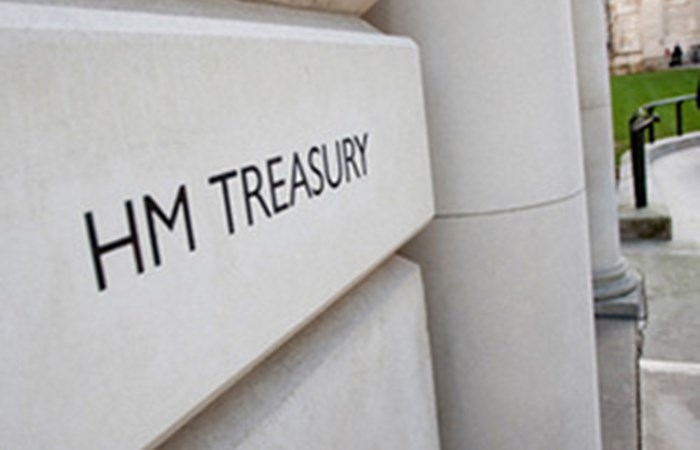HM Treasury

Todays (15 October 2015) announcement builds on the steps that the government has already taken to improve its anti money laundering (AML) and counter terrorist finance (CTF) regimes, including by:
- launching the Economic Crime Command in the National Crime Agency (NCA) in 2013
- publishing the UK Anti-Corruption Plan in 2014 and setting up a new specialist international corruption unit in the NCA
- strengthening the confiscation regime under the Proceeds of Crime Act 2002 and creating a new offence for participation in organised crime
- introducing reporting process for AML/CTF supervisors, improving the transparency and accountability of supervision and enforcement in the UK
- building Asset Confiscation Enforcement (ACE) Teams to crack down on those who refuse to pay their confiscation orders, contributing to the recovery of 199 million last year, the highest amount on record
- forming a new partnership with the financial sector to create the Joint Money Laundering Intelligence Task Force
- and launching a review of the Suspicious Activity Reports (SARs) regime
The UK is a global financial centre, and is home to some of the most successful international financial services firms in the world. In order to maintain that position and help legitimate financial businesses to thrive, the government is determined to make sure that we have a robust AML and CTF regime in place. That is why the government undertook a thorough assessment of the money laundering and terrorist financing risks in the UK, and thats why the government has today committed to take forward the findings of this assessment.
This National Risk Assessment (NRA), which is the first of its kind in the UK, draws on data from UK law enforcement and intelligence agencies, anti-money laundering supervisory agencies, government departments, industry bodies, and private sector firms.
The NRA found that while the UKs response to money laundering and terrorist financing risks is well developed, more could be done to strengthen the UKs anti-money laundering (AML) and counter-terrorist financing (CTF) regime, including in the following areas:
- understanding of certain types of money laundering, and particularly in relation to high-end money laundering, where the proceeds are often held in bank accounts, real estate or other investments, rather than cash
- consistency of the UKs supervisory regime, and specifically the understanding and application of a risk-based approach to supervision;
- priority given to combating money laundering by law enforcement agencies and the effectiveness of their response.
The government will take forward these findings in a comprehensive Action Plan. The priorities for the Action Plan will include:
- plugging intelligence gaps, particularly those associated with high end money laundering through the financial and professional sectors;
- enhancing our law enforcement response to tackle the most serious threats
- addressing the inconsistencies in the supervisory regime that have been identified through the NRA
- working with supervisors to improve individuals and firms knowledge of money laundering and terrorist financing risks
The government is committed to ensuring that the anti-money laundering regime is effective and proportionate, with businesses and regulators taking a risk-based approach to implementation. The Better Regulation Executive is leading a red tape review into the UK anti-money laundering regime, including a call for evidence, to identify for example where companies are confused as to what is required or are undertaking unnecessary activity which diverts attention away from where there are real risks. The results of this review will inform the action plan.
The government committed to publishing the NRA in the UKs G8 action plan in 2013.?
